![[oas]](logo2.gif) |
OAS - Osservatorio Astronomico Sormano |
| OAS > citations |
![[oas]](logo2.gif) |
OAS - Osservatorio Astronomico Sormano |
| OAS > citations |
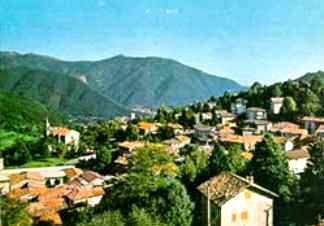
|
Named in honor of the mountain village of Sormano and its nearby
observatory where this object was discovered. The facility, built in
1986 by amateur astronomers of the Gruppo Astrofili Brianza, is
located on the PreAlps of Lombardy, in northern Italy, between the
southern arms of the Lake of Como. Since its beginning, the
observatory was mainly involved in astrometric works of minor planets
and comets, in particular to the follow-up of Near Earth Objects.
(from MPC 27130) |
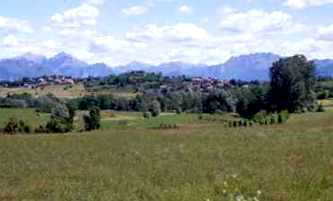
|
Named for the area located among the cities of Milan, Como and
Lecco. Probably this name derives from the Celtic word brig
(i.e., height). In fact Brianza is a verdant land, with lakes, hills
and prealpine mountains but also one of the most industrial and
productive part of Italy. It is also in honor of the amateurs group
(of which the discoverers are members) Gruppo Astrofili Brianza
in the celebration of fifteen years of activity.
(from MPC 29149) |
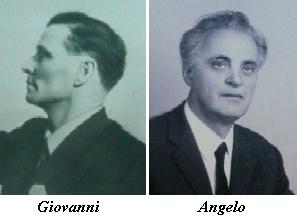
|
Named in memory of the brothers Giovanni (1901-1965) and Angelo
(1911-1990) Bernasconi, renowned italian amateur astronomers. The
former was codiscoverer of comets 1941 VIII (although his discovery
was not registered because of a delay in the communications due to the
war in Europe), 1942 IV and 1948 IV. The latter was a serious student
of comets. His original studies on a method for determining the real
shape and orientation of cometary tails were published in such
prestigious journals as
Memorie della Societa'
Astronomica Italiana and
Icarus.
Both brothers were active observers of comets, meteors and variable
stars as AAVSO members. In 1965 they established in Saronno (northern
Italy) a club of amateur astronomers, now named
Gruppo Astrofili
Giovanni e Angelo Bernasconi. Citation provided by Luigi Pansecchi
at the request of the discoverers.
(from MPC 30803) |
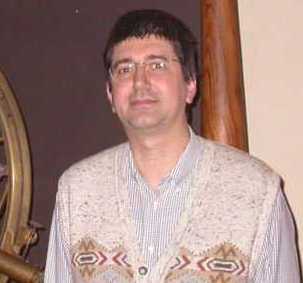
|
Named in honor of Mario Carpino (b. 1957), italian astronomer at Brera
Astronomical Observatory in Milan. He begun his scientific career by
studying satellite geodesy; from this experience he retained the taste
for extreme precision in orbit determination. He later applied these
skills to the study of the dynamics of solar system bodies being
involved in projects such as
LONGSTOP
and
SPACEGUARD.
He gave essential contributions to the development of public domain
software systems to process astrometric observations of asteroids and
comets and relative orbits computation. These works help many amateur
astronomers to be significant contributors to the global efforts on
asteroids. When
The Spaceguard
Foundation was established he
become its secretary. Citation prepared by
A. Milani
at the request of the discoverers.
(from MPC 31299) |
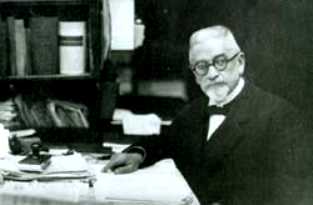
|
Named in memory of Ulrico Hoepli (1847-1935), the founder of
Hoepli Publishing Company and Hoepli
International Bookstore in Milan. One of the greatest publishers
of his time, Ulrico Hoepli published several important astronomy works
within the 8000 titles the company printed; he was the publisher of
G. V. Schiaparelli. Today the company is still managed by the Hoepli
family. A city patron and benefactor, in 1930 he donated a
planetarium
to the city of Milan, among the first in the world. Citation prepared
by Hoepli family.
(from MPC 32791) |
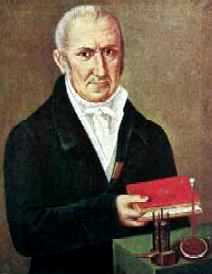
|
Named in memory of Alessandro Volta (1745-1827), physicist at the
University of Pavia.
His discovery of the significance of separating silver-zinc disk pairs
with disks of moist cardboard was the key to his invention of the
battery, just 200 years ago. Volta also made important contributions
to meteorology and the study of gases, notably with his discovery of
methane.
(from MPC 34627 and 34673) |
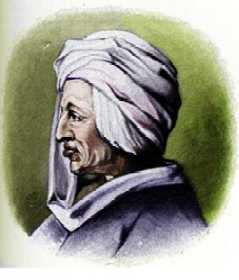
|
Paolo dal Pozzo Toscanelli (1397-1482) was an Italian physician,
astronomer, cosmographer and mathematician. Columbus may have used his map of
the world on the 1492 voyage. Toscanelli was the first to plot observations of
comets on star charts, thereby supplying considerably improved information
about their sky positions.
(from MPC 66724) |
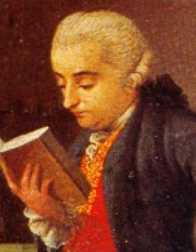
|
Cesare Beccaria (1738-1794) was an Italian Enlightenment thinker. In
his most important work, Dei delitti e delle pene, Beccaria
took sides against the death penalty, supporting the educational
function of punishment.
(from MPC 40703) |
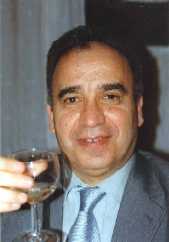
|
The Sicilian amateur astronomer Giuseppe "Corrado" Matarazzo
(b. 1946) is an experienced mathematician whose interests include
orbital computations. In 1995 he co-authored Elementi di Calcolo
delle Orbite.
(from MPC 36947) |
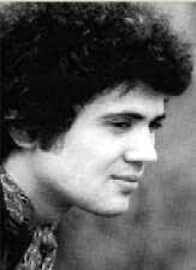
|
Named in memory of Lucio Battisti (1943-1998), innovative Italian
composer and singer. He wrote many songs for himself and other
singers, among them "Emozioni" and "I giardini di marzo". Beginning in
1973, he lived in a small village in the neighborhood of the
observatory where this minor planet was discovered.
(from MPC 33389) |
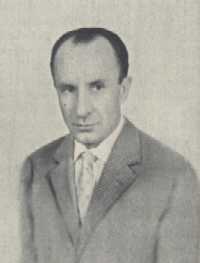
|
Aurelio Robotti (1913-1994) was a lieutenant in the Italian Air Engineers and
later professor in
aerospace engineering at the Turin Polytechnic.
He began studies on rocket fuel using liquid oxygen and ethanol, and tested the first Italian-built
liquid-fuel missile.
(from MPC 109631) |
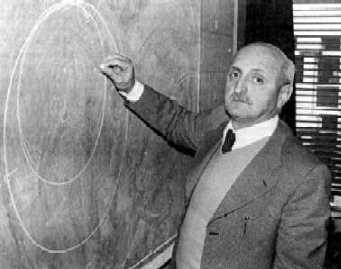
|
Giuseppe (Bepi) Colombo (1920-1984), a mathematician at the
University of Padova,
made fundamental contributions to the theory of resonances, notably
with regard to the
Kirkwood gaps
and the rotation of Mercury. He also pioneered the use of planetary encounters for
gravity assists in
arranging space missions.
(from MPC 40704) |
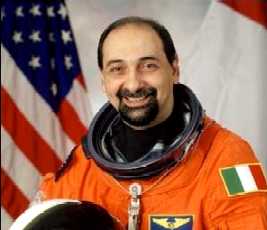
|
The astrophysicist and astronaut
Umberto Guidoni
(b. 1954) made the first flight onboard of the Space Shuttle Columbia
in 1996, performing electrodynamics experiments with the
TSS satellite
(ASI/NASA). Guidoni is the first Italian astronaut to achieve the
title of Mission Specialist.
(from MPC 41937) |
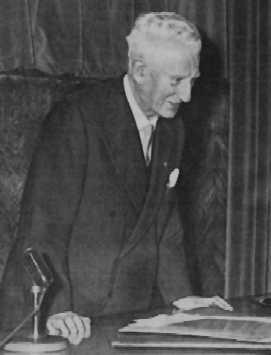
|
Gaetano Arturo Crocco (1877-1968), Italian pioneer in aeronautics and
space science, designed revolutionary airships and patented a cyclic
pitch design for helicopter rotors. A professor of aeronautics in
Rome, he founded the Italian Rocket Society.
(from MPC 45233) |
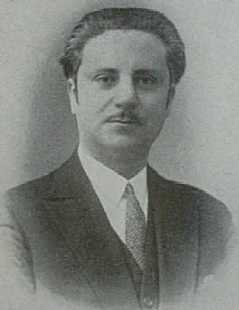
|
Pio Emanuelli (1888-1946) begun his astronomical career by working for
many years at the Vatican Observatory
and teaching astronomy and history of astronomy at Rome University. He was also a scientific journalist and
well-known popularizer of astronomy.
(from MPC 53174) |
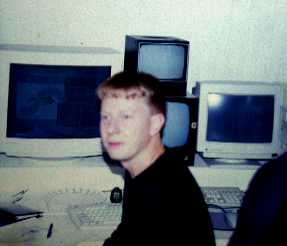
|
John W. Brownlee (b. 1973) was the system administrator, principal
programer and an observer on the
Catalina Sky Survey
team during 1998-2000. The citation was prepared by T. B. Spahr.
(from MPC 44186) |
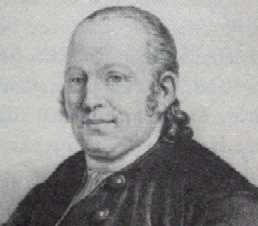
|
Johann Georg Palitzsch (1723-1788) was a farmer by profession and an
astronomer by vocation. He recovered comet 1P/Halley on its first
predicted return in 1758 and observed further comets, as well as
variable stars such as Mira and Algol. The citation was prepared by
P. Brosche.
(from MPC 45234) |
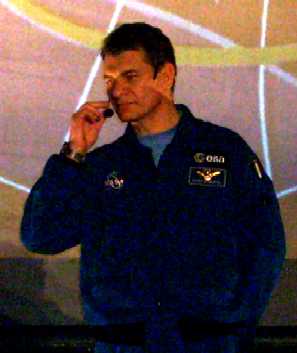
|
Paolo Angelo Nespoli (b. 1957) joined the European Space Agency
's European Astronaut Center
in 1991 and its European Astronaut Corps in 1998. The second Italian Mission Specialist,
he made his first flight aboard the
Space Shuttle
Discovery in 2007 for the construction of the International Space Station.
(from MPC 61267) |
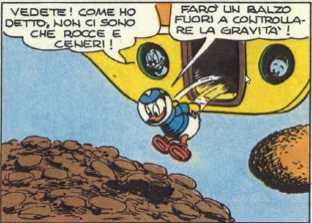
|
Donald Duck, the famous character of Walt Disneys cartoons, has amused generations
of children and adults alike.
(from MPC 72199) |
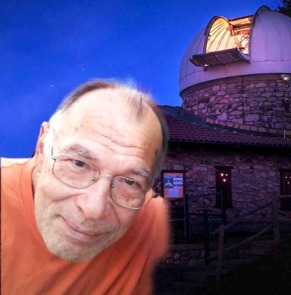
|
Arturo Carcano (1946-2025) was an Italian amateur astronomer who devoted part of
his life to the dissemination of astronomy by supporting the activities of the Osservatorio
Astronomico Sormano and contributing to the upcoming facility that will house a modern
planetarium.
(from WGSBN Bull WGSBN Bull. 6, #2) |
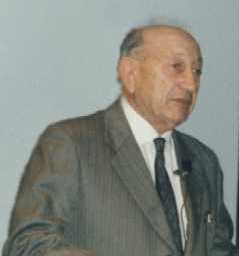
|
Carlo Succi (1919-2000), a professor of physics at the
University of Milan,
was also director of the
local section
of the
Istituto Nazionale di Fisica Nucleare.
His interests ranged from a pioneering study of cosmic rays to the
development of the Milan 50-MeV cyclotron.
(from MPC 44110) |
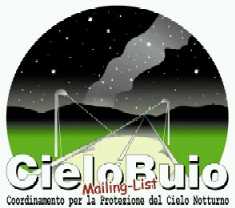
|
Cielobuio
is the Italian association against light pollution.
Cielobuio
played a fundamental role in Lombardy to support the passage of a
regional law, one of the most advanced in the world. Through its
electronic mailing list,
Cielobuio
connects both amateur and professional astronomers.
(from MPC 41572) |
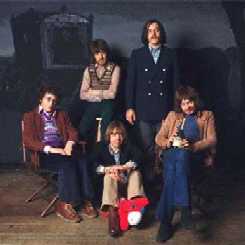
|
This British rock band, formed in the early 1960s, adopted the name Procol Harum in 1967.
It is said either to have been the name of a friend's cat or to represent, although in formally incorrect
Latin, ``far from these things''.
(from MPC 49099) |
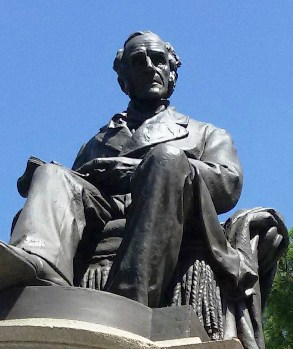
|
Alessandro Manzoni (1785-1873) was an Italian poet and novelist. He is mainly
remembered as the author of the novel I promessi sposi (The Betrothed), a
masterpiece of world literature, about the story of a long-deferred marriage of two
peasants named Renzo and Lucia.
(from MPC 87993) |
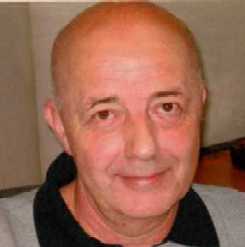
|
Federico Ernesto Delpino (1946-2007), an astronomer at the
Bologna Observatory,
began his scientific career by studying x-ray and \gamma -ray sources and the
microwave cosmic background. He contributed to the creation of the electronic
network at the University of Bologna and participated in astronomical popularization.
(from MPC 61268) |
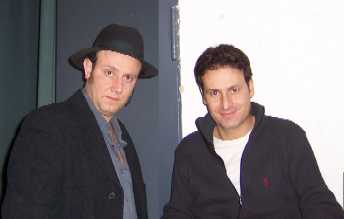
|
Alessandro Bisentini and Francesco Villa met in Milan
at the Center School of Theatre in 1995. In a short time they became a
popular Italian comedian duo, and their success was consolidated by a book
in 2001 and a movie in 2005. The name was suggested by the second discoverer,
a long-time friend of both comedians.
(from MPC 56613) |
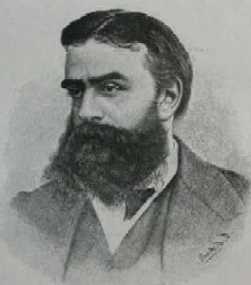
|
The Tuscan astronomer Giovanni Battista Donati (1826-1873) made
important contributions to the early development of stellar spectroscopy,
being also the first to observe a cometary spectrum. He was director of the
Florence Observatory and discoverer of six comets, among them the
spectacular naked-eye comet C/1858 L1.
(from MPC 52324) |
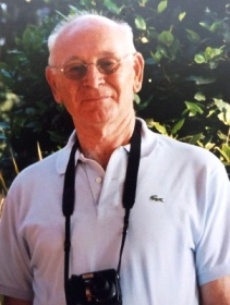
|
Giancarlo Vospini (1935-2017) was an electronic engineer by profession and amateur astronomer
by vocation. He was a member of the Sormano Astronomical Observatory and particularly active
in popularization.
.
(from MPC 107739) |
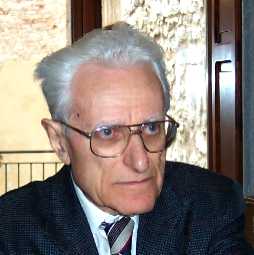
|
The career of
Paolo Maffei
(b. 1926), former director of the
Catania Observatory
and an astronomer at
Arcetri,
Bologna,
Asiago and
Hamburg,
has covered comets, variable stars, evolution of the universe, history
of astronomy and popularization of astronomy through many inspired
books.
(from MPC 46683) |
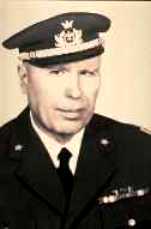
|
Luigi Broglio (1911-2001), aereonautical engineer and dean of the aerospace engineering school
of the University of Rome ''La Sapienza'' , conceived and directed the San Marco Project, a cooperative
space initiative between Italy and the U.S. The
Italian space launch facility San Marco was also completed under his direction.
(from MPC 49675) |
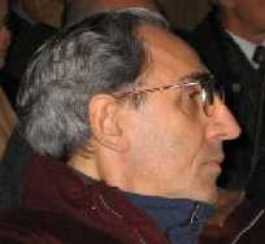
|
Franco Battiato (b. 1945), Sicilian polyhedric artist, is an honorary member of the Associazione Astrofili Ionico-Etnei. He turns
his feelings into music, painting and cinema. Through the telescope he observes the Universe, deriving inspiration for his songs.
(from MPC 50463) |
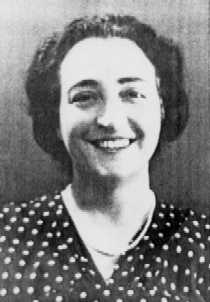
|
Fede Paronelli (1893-1944) held a degree in philosophy and studied
astronomy with Camille Flammarion in Paris. During 1931--1942 she was a
tireless lecturer at Civico Planetario Hoepli in Milano. During hundreds of
conferences she illustrated the beauties of the skies, bridging together
science, poetry, music and philosophy.
(from MPC 53954) |
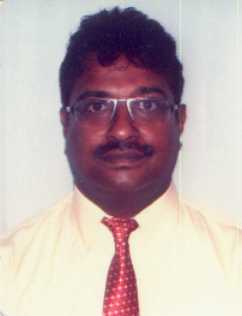
|
Radhakhrishna Dinesh Somanah (b. 1960) has been a professor of physics
and astrophysics at the University of Mauritius since 1987. As one of the three
pioneers of professional astronomy in the republic, he was particularly involved
in the construction of the Mauritius Radio Telescope.
(from MPC 59922) |
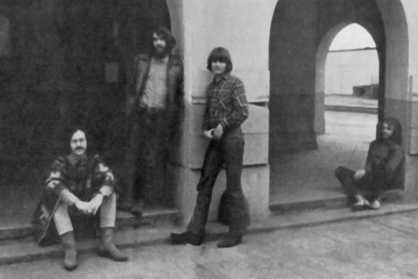
|
With its original sound, Creedence Clearwater Revival, frequently
referred to as CCR or simply "Creedence", was an American rock band that
gained popularity in the late 1960s and early 1970s.
(from MPC 66725) |
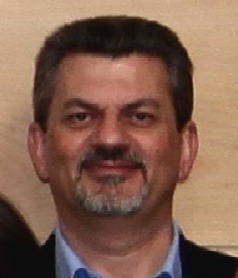
|
Luigino Giacomel (b. 1960) is an engineer, in the last 20 years Luigino has designed and
helped with the start-up of some of the most important telescopes and
radio-telescopes in the world, such as
LBT ,
VLT ,
ALMA and
E-ELT .
(from MPC 80327) |
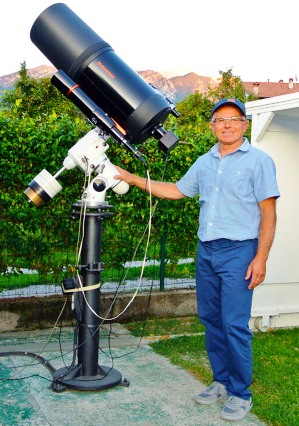
|
Graziano Ventre (b. 1954) is an active member of the
Osservatorio Astronomico Sormano
and from his personal observatory , near his home in Bellagio (Italy), he
obtains astrometric positions of comets and pictures of deep sky objects.
(from MPC 112430) |
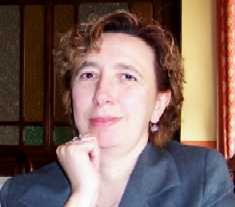
|
Patrizia Zuaboni (b. 1958), an affectionate friend of both discoverers, contributed
to the idea that they should get married.
(from MPC 68447) |
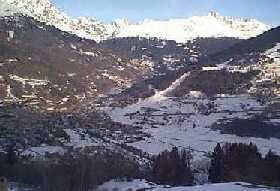
|
Bormio
is a very ancient and pleasant village in the Rhaetian Alps,
200 km from Milan. It hosts a biennial meeting on planetary sciences,
and the name was suggested
by A. Manara on the occasion of the fourth meeting in the series.
(from MPC 45341) |
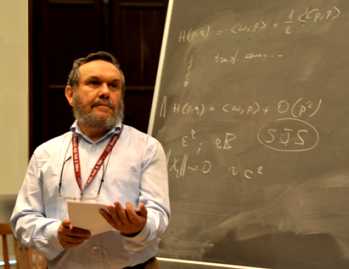
|
Antonio Giorgilli(b. 1949),
professor of mathematical physics at the
University
of Milan, distinguished himself in his productive career with numerous works in
perturbation theory of Hamiltonian systems, with applications to studies of the longterm
orbital stability of major and minor planets.
(from MPC 67760) |
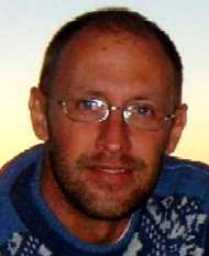
|
Massimo Cecconi (b. 1965) has worked on the GAIA mission and for the International
Space Station.
(from MPC 73983) |
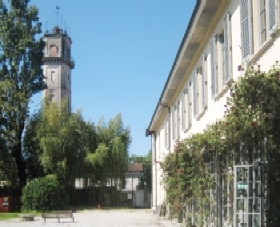
|
Giussano, a town in the heart of Brianza, is famous for its
furniture design companies. Among the town's historical monuments and
villas is the Villa Sartirana, recently renovated. Home to the local
library, this villa hosts in its decorated halls cultural events,
including some aimed at astronomical popularization.
(from MPC 71349) |
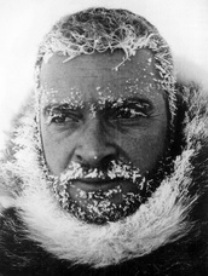
|
Guido Monzino (1928-1988) was an Italian explorer who followed the Latin maxim "Gradatim
Conscenditur Ad Alta". The Villa del Balbianello on Lake Como is now a museum dedicated to
Monzino's expeditions.
(from WGSBN Bull WGSBN Bull. 2, #16) |
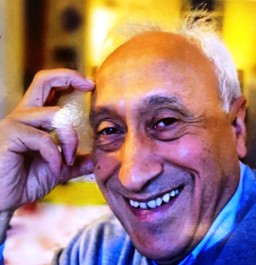
|
Salvatore (Totuccio) Grisanti (1947-2020) was an Italian professor of literature and
philosophy. He was a connoisseur of the history of the artistic heritage of his country and was a
supporter of the creation of the Gal Hassin Astronomical Park in Isnello (Sicily). Name proposed
by M. Di Martino.
(from WGSBN Bull WGSBN Bull. 3, #11) |
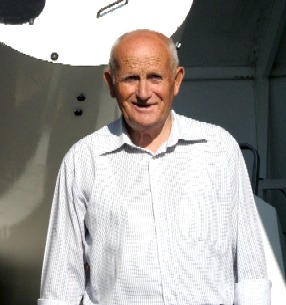
|
Luigi Ferioli (b. 1938), amateur astronomer, enthusiastic popularizer
of astronomy, skilful telescope and sundial maker, and
author of Appunti di ottica astronomica. (from MPC 76675) |
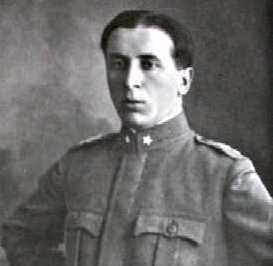
|
Luigi Gussalli (1855-1950) was a mechanical engineer and designer of
an experimental "double reaction" engine in 1920. He spent a
considerable part of his life in studying and developing space-vehicle
propulsion application devices to travel to the moon.
(from MPC 46112) |
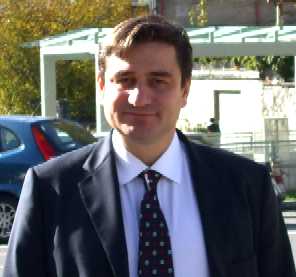
|
The main research activity of Italian astronomer Giovanni Pareschi (b. 1966)
concerns the development of astronomical instrumentation, particularly optics for
space-based and ground-based telescopes. Since 2008 he has been director of the
Istituto Nazionale di Astrofisica Brera Astronomical
Observatory in Milan.
(from MPC 68448) |
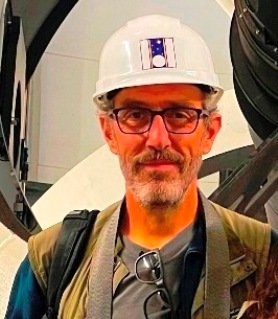
|
Tomaso Belloni (1961-2023) was a prominent Italian astrophysicist recognized
internationally for his research on compact objects and γ-ray emissions. He was also an
active science communicator and photographer.
(from WGSBN Bull WGSBN Bull. 4, #6) |
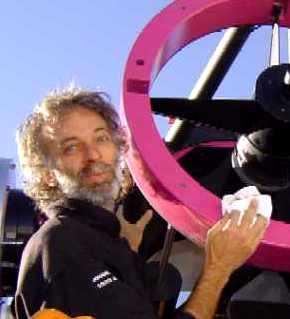
|
Emilio Molinari (b. 1963), developed his astronomical career in Brera
Observatory, Milan, beginning with the study of distant clusters of galaxies
then shifting to technology group. He now serves as director of the
Telescopio Nazionale Galileo and Rapid Eye Mount observatories.
(from MPC 77507) |
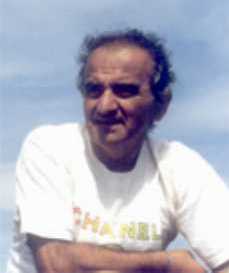
|
Rinaldo Monella (b. 1948) is a well-known Italian amateur astronomer
who has specialized in photoelectric photometry, making in particular
observations of novae and cataclysmic variables. He has written many
articles for astronomical periodicals and is a member of several
Italian and international associations.
(from MPC 46013) |
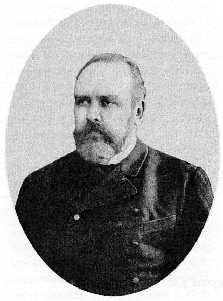
|
Ivan Osipovich Yarkovsky (1844-1902) was a talented Russian engineer who
put forward the idea that asymmetric heating of the planets by the sun can
produce an additional force.
The
``Yarkovsky Effect''
is indeed noticeable in the motions of some artificial earth satellites and small minor planets.
(from MPC 57424) |
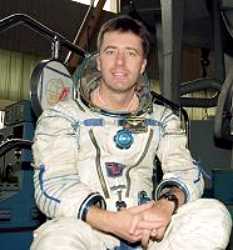
|
Italian astronaut
Roberto Vittori
(b. 1964) made the first flight on
board the Soyuz capsule in 2002, docking with the International Space
Station and performing medical experiments. He is the third astronaut
from the European Space Agency to visit the ISS.
(from MPC 46013) |
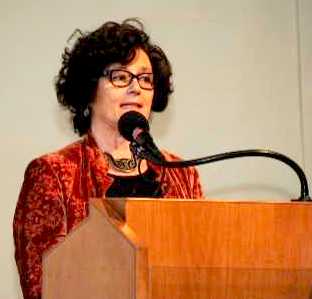
|
Ginevra Trinchieri (b. 1955) has worked on galaxies, groups, clusters
and their evolution, particularly on their high energy properties. She is
currently the president of the Italian Astronomical Society
and the Italian representative and outreach contact in the IAU .
(from MPC 110634) |
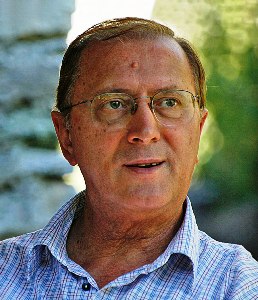
|
Celestino Bonacina (b. 1947) made his private observatory available to schoolchildren for many
years. In the 1980s his experience was essential for the building of the Osservatorio Astronomico Sormano,
where this minor planet was discovered.
(from WGSBN Bull WGSBN Bull. 2, #2) |
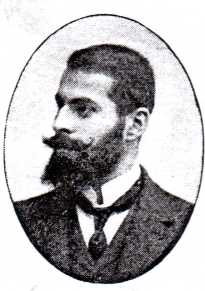
|
Luigi Carnera (1875-1962) began his career as Max Wolf's assistant at the Heidelberg
Observatory, Germany, where he discovered sixteen new asteroids in 1901/02.
Later, he taught astronomy in Genoa and was director of Trieste and Naples Observatories.
(from MPC 94390) |
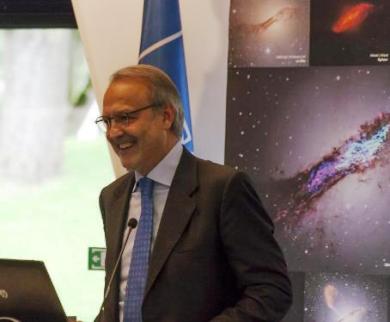
|
Gianpietro Marchiori (b. 1953) is the founder of EIE Group, an Italian
company that has been involved in the construction of optical and radio
telescopes around the world. Under his enthusiastic management, projects
such as VLT,
LBT, ALMA and
E-ELT were developed.
(from MPC 103025) |
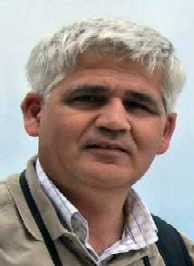
|
Claudio Elidoro (b. 1956), a graduate in astronomy from Bologna
University, is active in the popularization of science. He has written many
articles for Italian astronomical magazines about the minor bodies of the
solar system.
(from MPC 57951) |
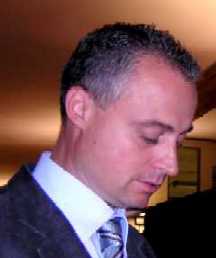
|
Italian amateur astronomer Luca Invernizzi (b. 1966) is founder
of the Associazione Astrofili Valtellinesi and co-promoter of the ``G. Piazzi''
Observatory. Author of a book and many articles about astronomy in Italian
newspapers and magazines, he is an active member of Cielobuio, an
anti-light-pollution association.
(from MPC 57952) |
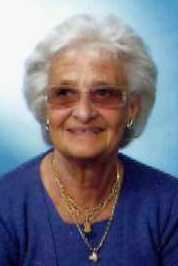
|
Mariola Magnoni Tieghi (b. 1934), former president of Como Inner Wheel
Club, promoted with strength and devotion the values of quality of life in
every social and cultural environment.
(from MPC 51981) |
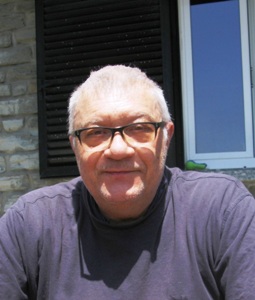
|
Pierangelo Ghezzi (b. 1956) is an Italian amateur astronomer. He has made observations of
variable stars and co-discovered some minor planets.
(from WGSBN Bull WGSBN Bull. 2, #2) |
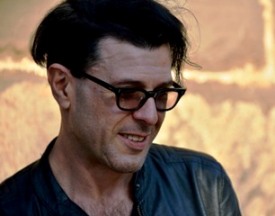
|
Ezio Bosso (b. 1971) is an Italian pianist, director and composer of classical
music, who is one of the most influential musician of his generation. He has performed
with the world's premier orchestras and received many awards
(from MPC 98714) |
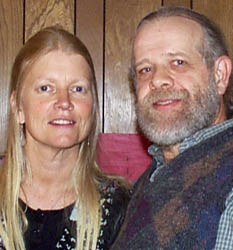
|
Bill Allen (b. 1947) and Sally Beach (b. 1950) are publishing and life
partners who produce daily minor-object news online to inform the public and
to serve those engaged in minor-object science, including especially amateur
astronomers.
(from MPC 51981) |
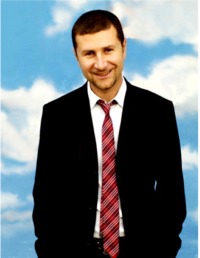
|
Fabio Fazio (b. 1964) debuted in October 1983 at RAI, the Italian public
service broadcaster. Beginning in 2003 he has been conducting a talk show
with scientists, writers and other celebrities.
(from MPC 66727) |
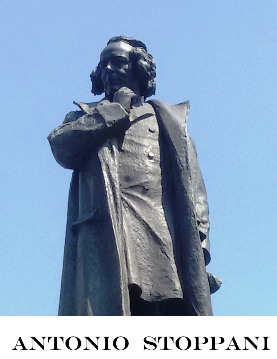
|
In 1905 Eugenio Stoppani (1850-1917) erected a mountain refuge, now the site
of the Sormano Observatory, in the place where his father Edoardo Stoppani (1818-1892)
died accidentally. Antonio Stoppani (1824-1891) (probably a distant relative)
was a distinguished palaeontologist.
(from MPC 101216) |
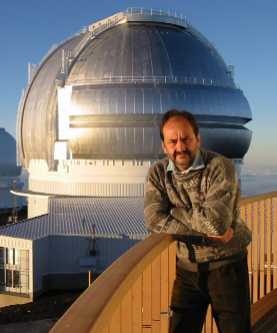
|
Tommaso Maccacaro (b. 1951) has worked in high-energy astrophysics and
x-ray astronomy since 1976. He is currently director of the INAF-Osservatorio
di Brera in Milan and chairman of the European Space Agency Astronomy Working Group (2007-2009).
(from MPC 59924) |
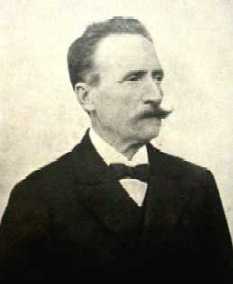
|
Elia Millosevich (1848-1919) was professor of astronomy at the Istituto
Nautico in Venice and later director of the Collegio Romano Observatory,
where he enthusiastically observed minor planets and comets. He was also
skilled in computing orbits, notably for (433) Eros.
(from MPC 52326) |

|
Pepe Tanzi (b. 1945) studied at the Politecnico of Milano, where he graduated in
architecture in 1969. He started working as an industrial designer with special
attention to lighting systems. One of his latest products allows the light to be
placed where it is needed, thereby saving energy.
(from MPC 61269) |
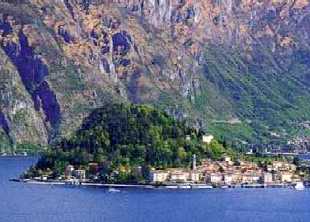
|
Bellagio is a world-famous tourist destination situated on the Lake
Como a few kilometers north of the
Sormano Astronomical Observatory.
(from MPC 54177) |
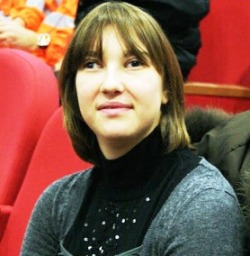
|
Valentina Aliprandi (1981 - 2014) was an Italian pastry chef by profession who had a
passion for theater. She joined Veliero, an association that promotes, through theater, the
integration of young people with physical and mental disabilities.
(from WGSBN Bull WGSBN Bull. 5, #1) |
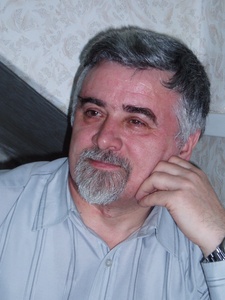
|
Vasilij G. Chiorny (b. 1953) is a prolific asteroid photometrist at the
Kharkiv Observatory.
He is the principal discoverer of one binary asteroid and co-discoverer
of several others, using the photometry technique. He has co-authored a number of
papers on binary and other asteroids. Name suggested by P. Pravec and A. Harris.
(from MPC 100607) |
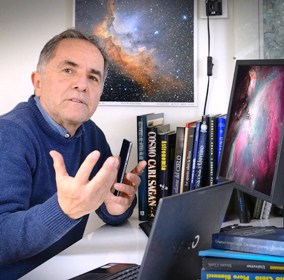
|
Enrico Colzani (b. 1956) has dedicated many years to popularizing and teaching astronomy.
Recently his efforts have been directed towards the realization of a planetarium near the
Osservatorio Astronomico Sormano.
(from WGSBN Bull WGSBN Bull. 2, #2) |
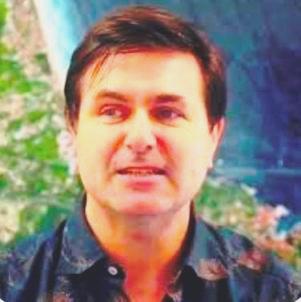
|
Rodolphe Cledassou (1965-2023) was a French space engineer. He was Project
Manager for the French Space Agency's Simbol-X,
ATHENA/XIFU, ARIEL and EUCLID programs and Technical Director of the
French Nuclear Physics Institute IN2P3.
(from WGSBN Bull WGSBN Bull. 4, #2) |
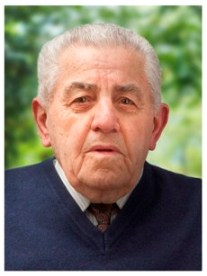
|
Luigi Colzani (1922-2015) was an enthusiastic and helpful collaborator at
Sormano Astronomical Observatory.
He built hand-crafted cabinets to improve the use
of the observatory by amateur astronomers and enthusiasts who frequent it.
(from MPC 98714) |
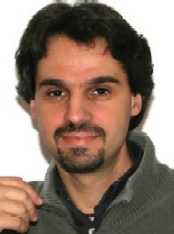
|
Davide De Martin (b. 1971) is an Italian amateur astronomer, author and
popularizer of astronomy. He pioneered the creation of color images from Digitized
Sky Survey data, and has produced a series of Hubble Telescope's most iconic images.
(from MPC 73985) |

|
Torino di Sangro is a small village in Abruzzo, central Italy. Its dark summer skies
were a source of inspiration for one of the members of the Sormano Observatory, where
this asteroid was discovered.
(from WGSBN Bull WGSBN Bull. 5, #27) |
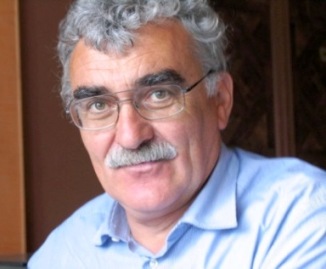
|
Walter Albisetti (1957-2013) was a Professor at the Faculty of Medicine of the
University of Milano. He was also the Health Director of the corps de ballet at the
La Scala Theatre of Milano and he led several medical projects in Africa.
(from MPC 85915) |
![]() Back to Sormano Astronomical Observatory Home Page
Back to Sormano Astronomical Observatory Home Page